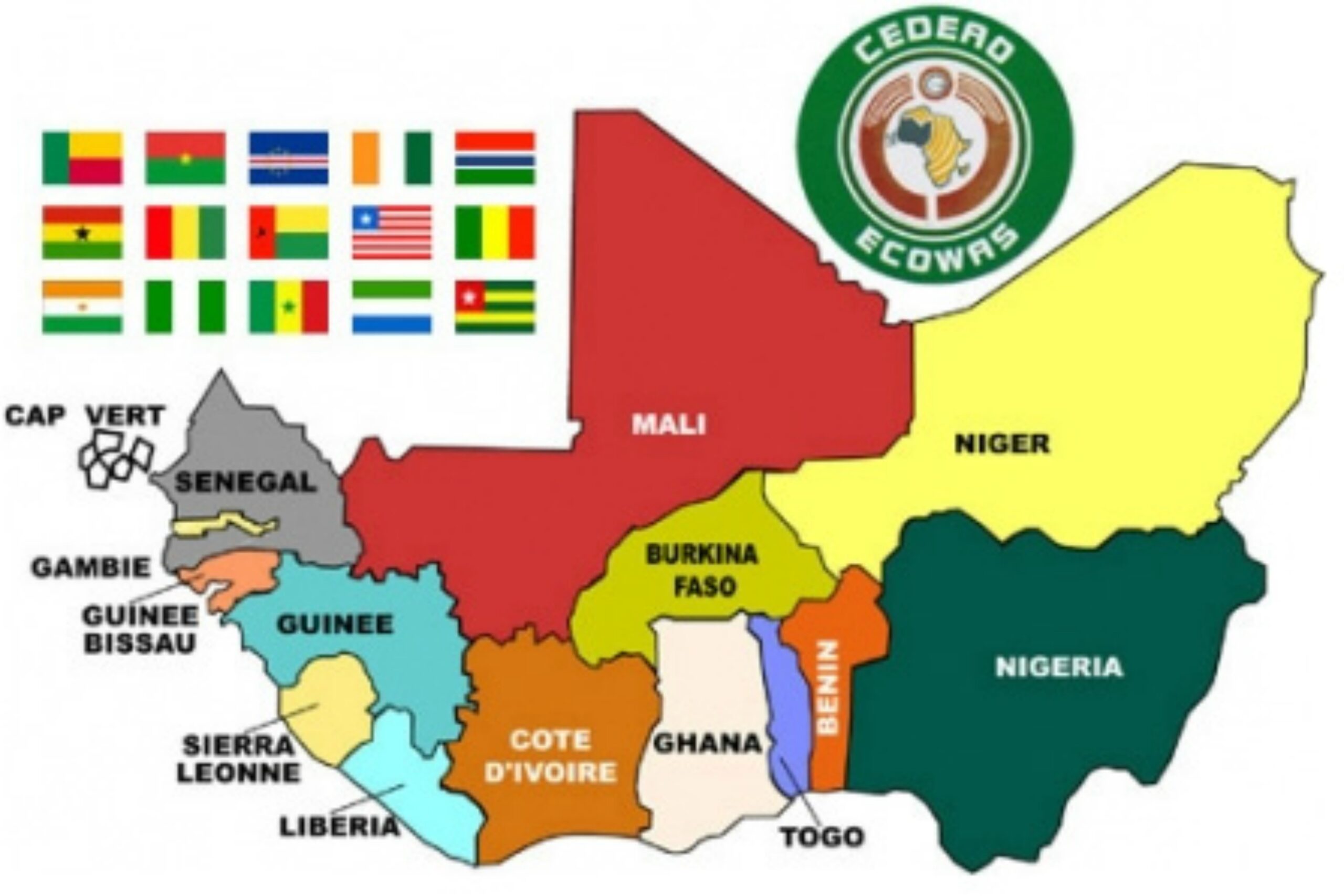The Economic Community of West African States (ECOWAS) has taken a significant step towards re-engaging with the military regimes in the Sahel region. Following similar decisions for Niger, Guinea and Mali have seen the lifting of financial and economic sanctions an in Mali’s case, restrictions on recruitment for ECOWAS positions. This move, while not explicitly stated in a recent summit statement, marks a shift in strategy for the regional bloc.
Guinea: ECOWAS imposed sanctions on Guinea after Colonel Mamadi Doumbouya’s military takeover in September 2021. These sanctions included bans on financial transactions with its member institutions. The recent dissolution of the interim government by the junta further complicates the political landscape of the nation.
Mali: Having faced two coups in recent years, Mali was under similar economic and financial sanctions. However, these were lifted in July 2022, when the ruling junta presented a transition timetable.
Niger: Following the military coup in July that ousted President Mohamed Bazoum, Niger faced the most severe sanctions from ECOWAS. These have now been lifted entirely.
Burkina Faso: Notably absent from the recent announcements is Burkina Faso, another state under ECOWAS sanctions due to military rule since 2020.
This softening of stance by ECOWAS signifies a willingness to engage in dialogue with the military regimes. This comes amidst a complex geopolitical landscape, where countries like Niger, Mali, and Burkina Faso have expressed intentions to leave ECOWAS and form the Alliance of Sahel States (AES), forging closer ties with Russia and distancing themselves from France.
The lifting of sanctions signals a shift in ECOWAS’s strategy, potentially prioritising dialogue and engagement over punitive measures. However, the long-term implications of this approach remain uncertain, with the future of regional governance and the dynamics between ECOWAS and the Sahel states hanging in the balance. It is crucial to monitor developments closely and ensure that any dialogue fosters a genuine commitment to democratic principles and stability in the region.

